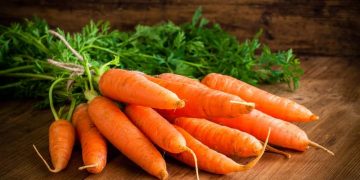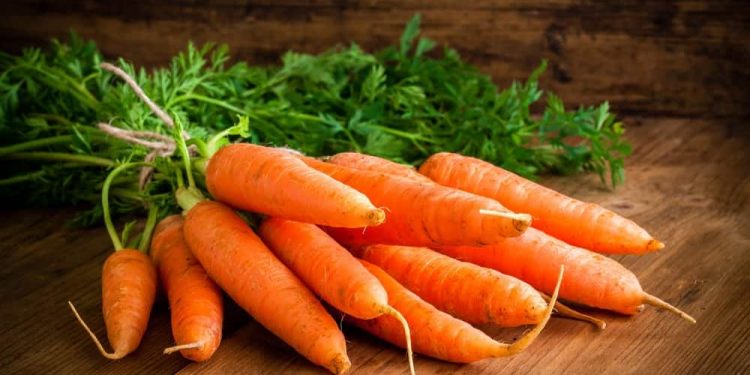Climate Change and Droughts Significantly Impact Carrot Yields in Poland
Poland, the third-largest carrot producer in the European Union following Germany and France, is witnessing a concerning downward trend in carrot production. This decline is primarily due to recurring water shortages, exacerbated by climate change. The relationship between significant production drops and drought events is stark, with severe droughts impacting Poland since 2015 and almost annually since 2018, critically affecting carrot yields.
In 2017, Poland produced 827,000 tons of carrots. By 2023, this figure had plummeted to 580,000 tons, marking a nearly 30% decrease over six years. The data from ARiMR in 2023 reveals that 290,000 farmers reported drought-related losses, with 139,000 of these cases involving losses exceeding 30% of the farm’s average annual plant production. These statistics underscore the growing threat of climate change on food security, as persistent drought conditions continue to challenge agricultural production, including carrot cultivation.
The repercussions of these droughts, coupled with inflation and rising energy costs, have led to higher carrot prices for Polish consumers. The price per kilogram has risen from PLN 2.79 in 2021 to PLN 4.99 in 2023. To address the shortfall in domestic production, Poland has increasingly relied on imports, particularly from Egypt and Germany. However, the quality of these imports can vary significantly. In 2022, the volume of carrot and turnip imports from Germany increased by 50% compared to the previous year, and overall carrot imports to Poland surged by 60% in 2023.
Producers recognize the substantial impact of weather and climate conditions on vegetable quality and production. Prolonged dry spells present significant challenges to cultivation, necessitating specialized farming practices to maintain output and quality. As Poland continues to adapt to these climatic challenges, the agricultural sector must innovate and implement sustainable practices to ensure resilience and stability in carrot production.































